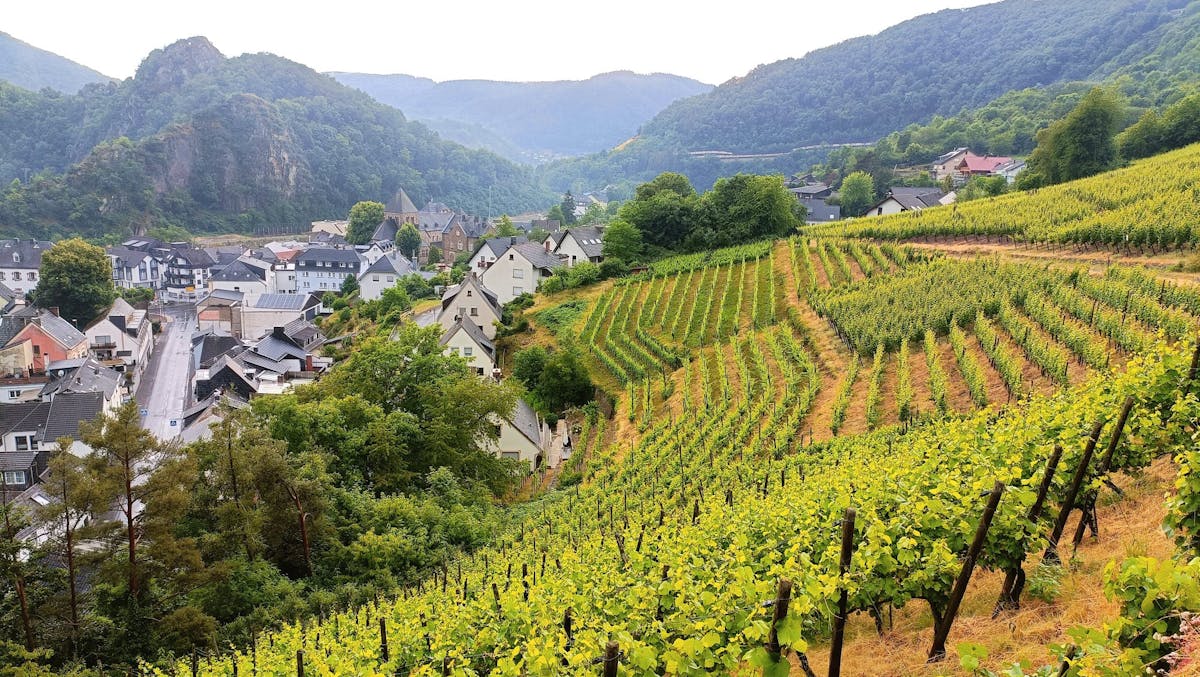Mersel, The Grapes That Stayed: Indigenous Lebanese Wine and Its Return

Words by Ian Garcia (Sommelier at ilili NoMad)
Ask most people to name a Lebanese grape, and they’ll hesitate. But that’s changing and Mersel Wine is leading the way. This isn’t a revival for nostalgia’s sake. It’s a return to something raw, ancient, and powerfully grounded.
Mersel Wine isn’t just part of a movement, it is the movement, fully embodied. Founded by Eddie Chami and powered by a collective of local farmers, young winemakers, women led cellars, and even refugees, Mersel is redefining what Lebanese wine can be. Their vineyards climb from 800 to 2,500 meters above sea level, surrounded by cedar trees and juniper forests where indigenous grapes like Merwah and Marini thrive in wild, unfiltered expression.
Their winemaking philosophy is raw, unguarded, and deeply rooted. No filtering, no refining, minimal sulfites, just organic farming and honest fermentation. Their wines speak plainly and powerfully, not only in flavor but in purpose. The Elevate line is more than a name it’s a declaration. These wines don’t just reflect the altitude at which they’re grown, they express Mersel’s commitment to lifting up the land, the grapes, and the people too often left out of Lebanon’s wine story.
That story, like many in Lebanon, is one of interruption of cultivation disrupted by war, empire, and shifting politics. For decades, Lebanon’s wine identity was reshaped to fit a colonial palate, flooded with so called “noble” grapes Cabernet Sauvignon, Syrah, Merlot varieties prized not for their connection to place, but for their ability to conform. French clones, French oak, French flavor profiles. A one size fits all identity that risked reducing the complexity of Lebanon’s terroir to merely a Bordeaux echo.
But something older survived.
Mersel’s logo, the Nubian ibex, represents that survival. Once extinct in Lebanon, the ibex is now being reintroduced by Mersel in partnership with local NGOs, alongside efforts to replant native cedar and juniper. The ibex and the wine are both acts of ecological and cultural return. Their presence speaks to a freer, wilder, more ancient Lebanon.
And that same sense of return lives in Mersel’s winemaking community. They’ve created space for voices too often excluded like Abdullah Richi, a Syrian refugee who now makes wine under his own label through Mersel’s mentorship. His red blend includes Sangiovese and Malbec grapes not native to Lebanon, but reimagined in the hands of someone rebuilding a life and story through wine. This spirit of transformation, of using what remains to create something personal and true, is at the heart of Mersel’s vision.
Because Mersel doesn’t reject international varieties they reclaim them. Their Elevate Pinot Noir, for example, grown at extreme altitude and fermented in clay amphora, is not pretending to be Burgundy. It’s a Lebanese Pinot, shaped by mountain air and cultural tension, offered not as mimicry but as something entirely new. We’re proud to feature it as a special at ilili: a wine that honors what was left behind and still makes it sing in its own voice.
Wines like “Marini in the Sky” and “Merwah Élevée” aren’t throwbacks. They’re the future proof that Lebanon’s truest voice isn’t one it imported, but one it buried and is now unearthing, one vine at a time.
At ilili, we’re not just serving Lebanese food we’re telling stories. And the wines we choose are part of that story. We celebrate Mersel not because it’s trendy or natural, but because it’s necessary. Because it reminds us that wine isn’t just about technique or terroir it’s about community, resilience, and return.
As a sommelier, I’m writing this because I want to connect with something deeper something older, yet newly alive. Lebanon’s wine culture does this strange and beautiful thing: it looks forward and backward at the same time. It reminds us that wine isn’t just about flavor it’s about survival, memory, and place.
At ilili, we’re proud to be part of that return. Not just serving these wines, but helping carry them forward.
Because the oldest wine culture in the world isn’t just surviving.
It’s waking up.
